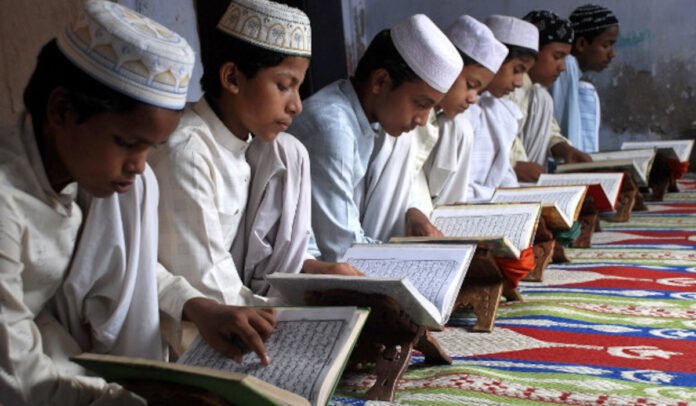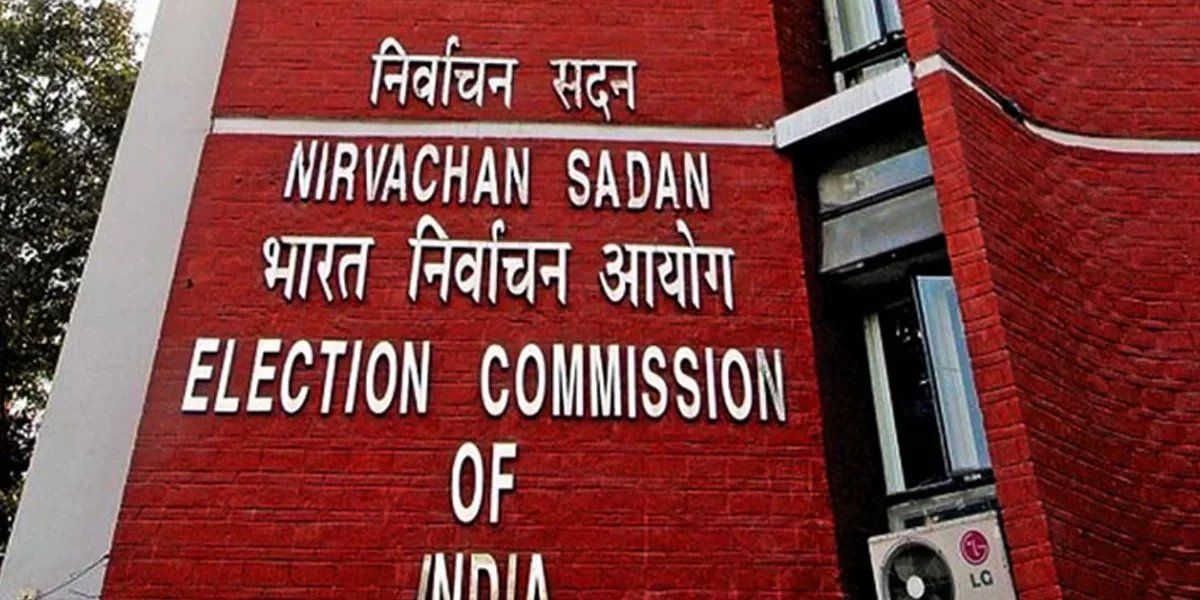In a major policy step aimed at modernising religious education, the Governor of Uttarakhand has approved the Minority Education Bill, making it mandatory for all madrasas in the state to follow the national curriculum from July 2026. The decision marks a turning point in efforts to bring parity between traditional religious schooling and mainstream education.
Our correspondent reports that under the new law, madrasas across Uttarakhand will now be required to adopt textbooks and syllabi prescribed by the State Board. The government has clarified that the move does not seek to interfere with religious instruction but ensures that students studying in such institutions receive a balanced education combining faith-based learning with core academic subjects.
The new legislation states that only teachers meeting the prescribed educational qualifications and registered with the education board will be eligible to teach in these institutions. Those failing to meet standards will not be allowed to continue teaching. Education Department officials have been instructed to monitor compliance and extend assistance to institutions during the transition period.
Our correspondent adds that the bill also empowers the state to withdraw recognition from institutions that do not comply with the new curriculum guidelines. Regular audits and inspections will be conducted to ensure transparency and quality. The government will distribute textbooks, provide teacher training and offer logistical support to help madrasas adopt the updated system without disrupting ongoing education.
The state administration believes this reform will open new opportunities for students enrolled in religious schools by enabling them to participate in mainstream education and competitive examinations. The measure is being viewed as part of a broader effort to strengthen educational inclusivity and provide equal access to academic development across all communities.
Chief Minister Pushkar Singh Dhami has earlier said that this step will ensure that every child in the state, regardless of background, receives a modern education that enhances employability and social integration. The government maintains that the reform will help bring all institutions under one educational framework and reduce disparities between public, private and religious schools.
Our correspondent reports that reactions to the bill have been mixed. Supporters have hailed it as a progressive move that will prepare madrasa students for modern careers, while some religious leaders have expressed concern that traditional teaching structures could be affected. They have requested the government to ensure that cultural and spiritual values remain preserved alongside the new curriculum.
Our correspondent adds that the Education Department has initiated a series of consultations with madrasa administrators to ensure smooth implementation. Training programmes will soon be launched for teachers to familiarise them with the state curriculum. Officials said that the bill also aims to curb unregistered institutions and ensure accountability in funding, staff appointments and student enrolment.
The Minority Education Bill forms part of Uttarakhand’s broader education reform strategy that includes digital learning, academic integration and a focus on quality instruction. The state is also working to expand its scholarship and infrastructure support programmes to benefit students across diverse educational settings.
By standardising the academic framework, the state hopes to ensure that no student is left behind due to the type of school they attend. The inclusion of national curriculum subjects such as mathematics, science, English and social studies is expected to bridge the gap between traditional and modern education and improve employment prospects for thousands of madrasa students.


























